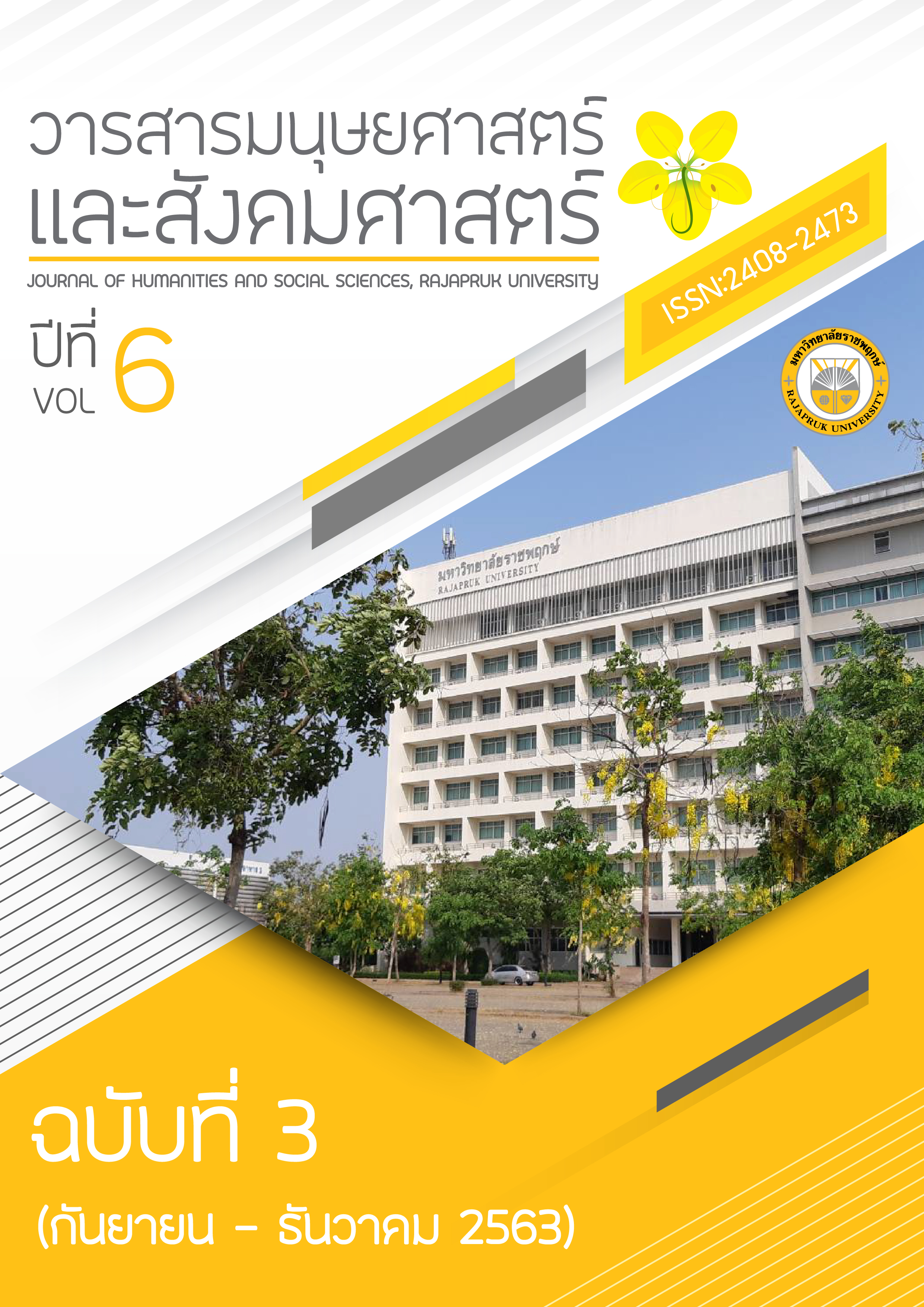The effectiveness of the Policy Anti-corruption on Personnel Administration of Local Administrative Organizations under the Command of National Council for Peace and Order of Section 44
Main Article Content
Abstract
The purpose of this research was to study the effectiveness of the policy implementation in corruption prevention of the personnel management in the local government organization under the Command of National Council for Peace and Order of Section 44. It was conducted by in depth interviewing 24 key informants including personnel of the National Anti-Corruption Commission (NACC), personnel of central agencies and executives of local government organizations. The data were analyzed using the content analysis. The research results revealed that : The conditions and the causes of the implementing these orders due to the increasing of the misconducting in personnel management of local government organizations more and more, while the local executives had been authorized the full power in recruiting, appointment, transferring, promotion, salary increasing, This authorizations brought about more corruption which caused serious damage to the personnel management system of the local government organizations. To was necessary for the former government in issuing such orders under the command of NACC to solve the misconducting in personnel management urgently. The positive effects of the policy implementation including 1) the misconduct in the personnel management could be solved rapidly and efficiently, 2) all stakeholders got high satisfactions, 3) they could get all personnel complied with all position qualifications, 4) the personnel management could be under merit system and 5) the transparency in personnel recruiting system could be recognized by the society. The negative effects including 1) there may be mistakes in finding the correct misconductors due to the rapidity of the investigation procedure, 2) the morale and the working spirit of the officials may be reduced, 3) there may be scarcity in finding appropriate personnel of some positions and 4) the normal mechanism of some anti-corruption organizations may be reduced due to lacking of normal process operation.
Article Details
References
สำนักงานคณะกรรมการป้องกันและปราบปรามการทุจริตแห่งชาติ. (2561). คู่มือในการจัดทำแผนปฏิบัติการป้องกันการทุจริตสำหรับองค์กรปกครองส่วนท้องถิ่น. กรุงเทพฯ: สำนักงานป้องกันการทุจริตภาคการเมือง สำนักงาน ป.ป.ช..
สุรพงษ์ แสงเรณู. (2559). ผลกระทบการทุจริตประพฤติมิชอบในการบริหารงานบุคคลขององค์กรปกครองส่วนท้องถิ่นภาคตะวันออกเฉียงเหนือ. ธรรมทรรศน์, 16(2) กรกฎาคม-ตุลาคม 2559: 45-58.
หนังสือพิมพ์โพสต์ทูเดย์. (2560). สอบตกปราบทุจริต แผลใหญ่ ‘คสช.’ ค้นเมื่อวันที่ 10 มิถุนายน 2563, จาก https://www.posttoday.com/politic/analysis/477909
Banfield, Edward C. (1975). Corruption as a Feature of Governmental Organization. Cambridge: Harvard University.
Meny, Y. Fin De Siecle. (1996). Corruption: Change, Crisis and Shifting Values. International Social Sciences Journal (September 1996): 309-320.


